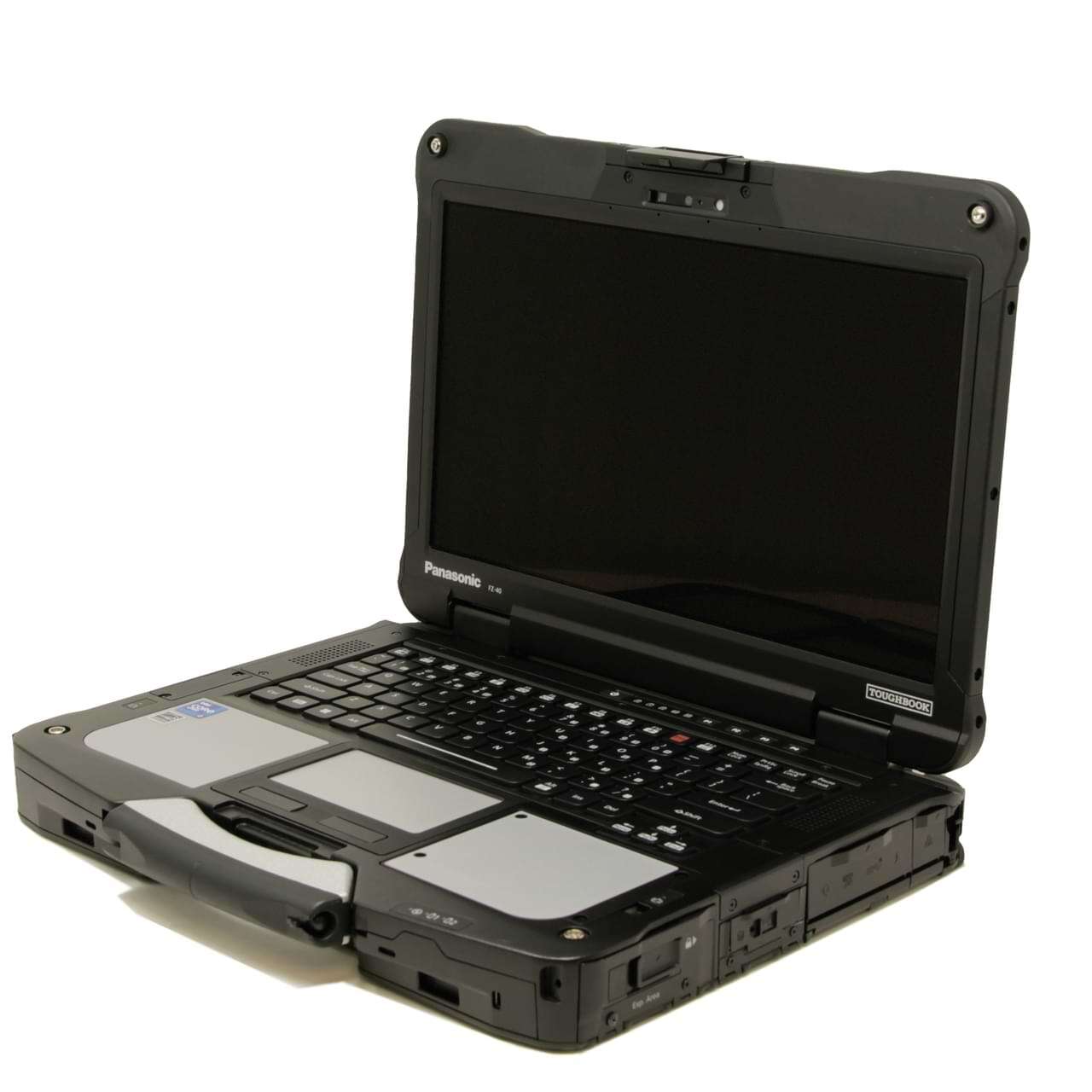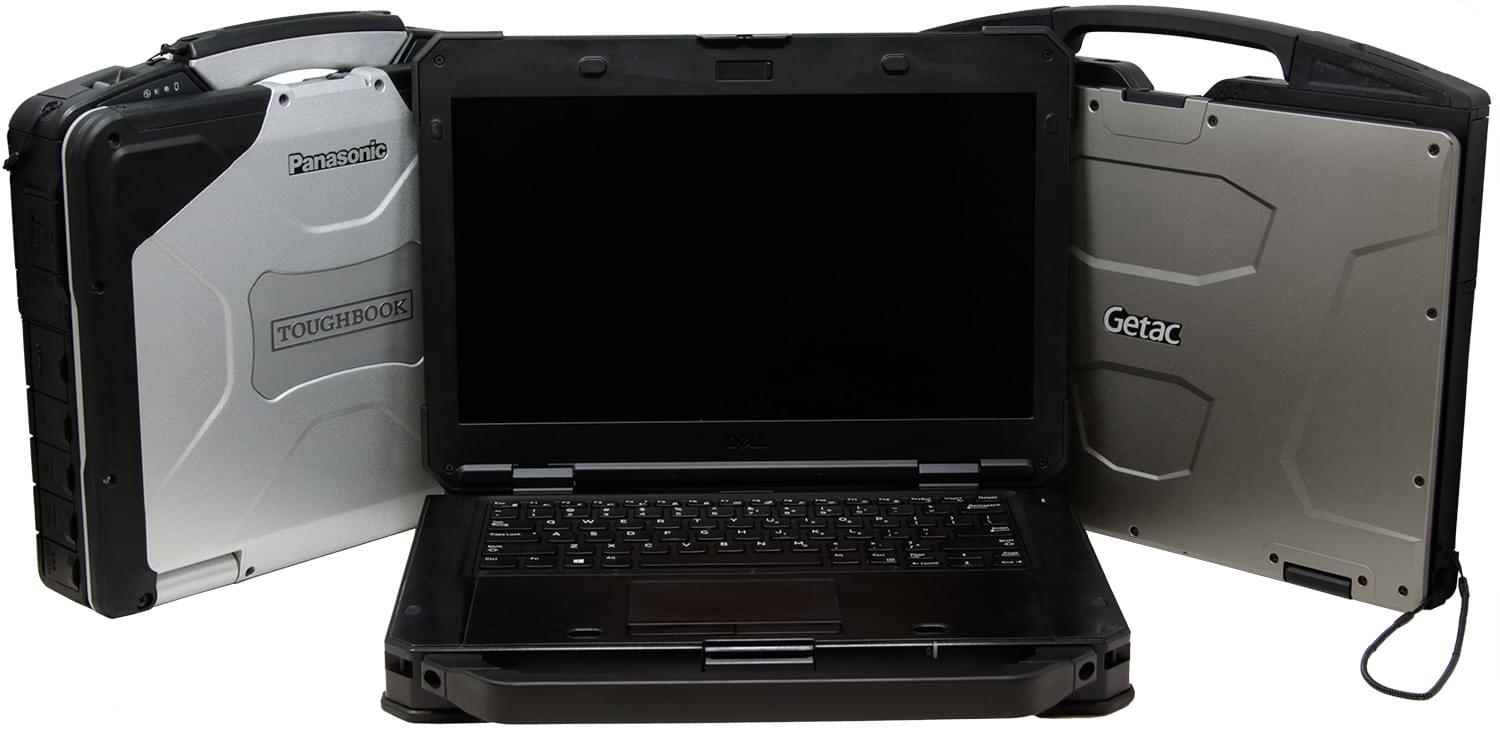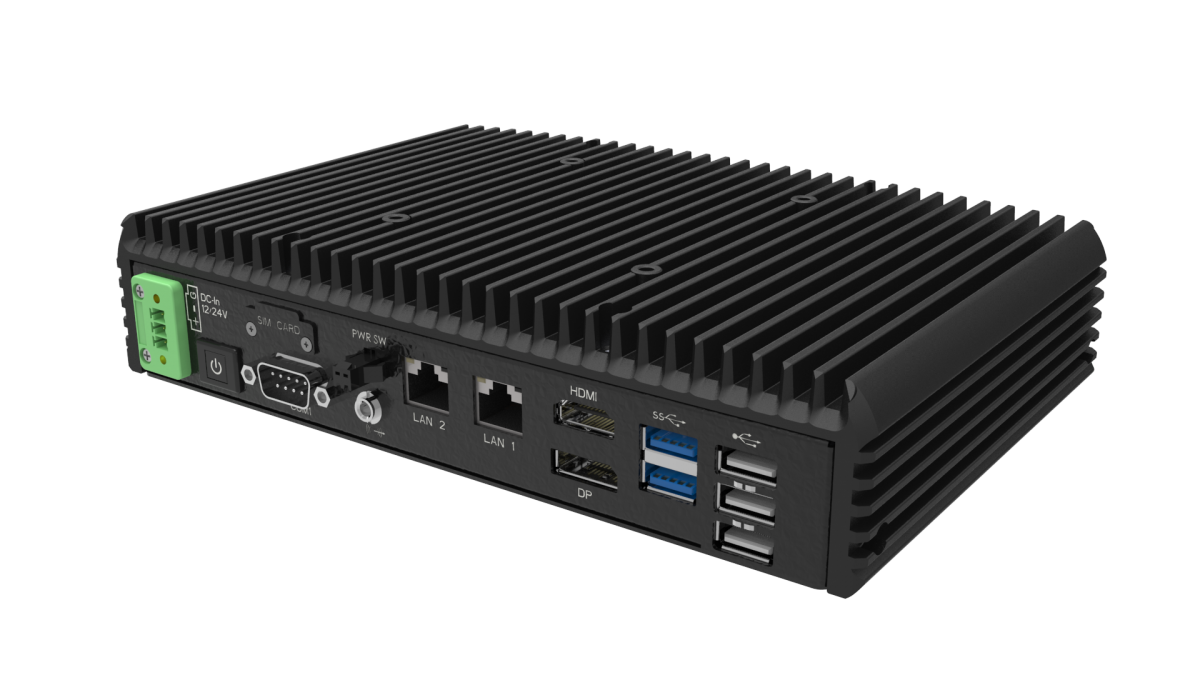Rugged vs. Industrial Computers: Decoding the Durability and Finding Your Fit
29th Aug 2025
When it comes to computers that work where most others would fail, there are two standout categories: rugged computers and industrial computers. However, unless you're deeply immersed in tech specs every day, it’s not always obvious what sets them apart. One’s built to get banged around in the field, and the other is made to power through in industrial settings. So, how do you know which one you need?
Let’s break it down in simple terms and help you determine which type of computer best suits your environment, workload, and expectations.
What Are Rugged Computers?
Rugged computers are made for rough and tumble jobs where a regular laptop or tablet will not last for a day. These are the devices that you have used at construction sites, first with respondents, in military vehicles, or in the cab of a utility truck. They are engineers to avoid hard drops, wet conditions, excessive temperatures, and all kinds of environmental hazards. You can say that they are like the work shoes of the computer world - tough, reliable, and designed to handle abuse without remembering a beet.

What Are Industrial Computers?
Industrial computers operate in various challenging environments. They are not dodging raindrops or being thrown into the back of a truck. Instead, they work in control panels, factories, automation lines, and laboratory environments. Their main job? Run continuously without crashing or overheating. Industrial computers are designed for long-term use in environments where reliability and stability are more important than portability.
Differences Between Rugged and Industrial Computers
Both rugged and industrial computers are built to withstand harsh conditions, but in different ways. One’s ready for the great outdoors, while the other is built for consistency inside demanding facilities. Let’s walk through the real differences.
Environmental Resistance
Rugged devices are designed to withstand unexpected weather conditions, drops, and debris. They are sealed against water, dust, and shock. On the other hand, the industrial system focuses more on opposing internal factory conditions such as heat, vibration, or electrical interference.
Portability
Mobility is a major dividing line. Rugged computers are portable by design, featuring tablets, laptops, and handheld devices. They go where you go. Industrial computers are typically fixed in place, built into equipment, cabinets, or walls, and remain exactly where they're installed.
Customization and Integration
Industrial systems win big on customization. Because they’re often part of larger systems or automated lines, they’re made to integrate with very specific configurations. Rugged systems are more off-the-shelf but still offer some options in terms of hardware and ports.
Performance and Expandability
While both types can pack a punch in terms of performance, industrial PCs usually provide more space for upgradation, external connections, and extended storage. Rugged computers are compact and prioritize reliability and durability over raw horsepower.
Compliance and Certifications
Rugged computers are tested to standards such as MIL-STD-810 and IP ratings. These prove that they can handle dust, shock, vibration, and temperature extremes. Industrial systems often meet standards for emissions, electrical safety, and industry-specific regulations to ensure long-term, stable operations.
 How to Choose the Right One for Your Needs
How to Choose the Right One for Your Needs
Picking between rugged and industrial computers isn’t about what sounds tougher; it’s about what your work demands. Think less about the specs and more about the environment and expectations you deal with every day.
Analyze Your Work Environment
If your team works outdoors, in vehicles, or in constantly changing environments, a rugged system is probably the best choice. But if your setup is indoors, around the machinery, or in temperature-controlled places, one industrial system is a better fit.
Assess Software and Hardware Requirements
Some applications need a lot of power, while others are quite light. Understanding that your system needs to be run well, it helps to decide whether you need a machine with expandability or just one that remains stress-free.
Consider Lifecycle and Maintenance
Industrial computers are often installed and left alone to run for years with minimal attention. Rugged computers, while durable, may be in constant motion and subject to increased wear, so you’ll want to consider the ease of service and part replacement down the road.
Budget and ROI
Do not just look at the price tag - think for a long time. Spending a little more on a rugged laptop can save thousands of dollars in downtime or replacement costs. Investing in a high-quality industrial system can mean years of maintenance-free operation. In any case, weigh cost versus reliability and longevity.
Find Your Fit with Confidence
Whether your work demands a difficult-to-nail laptop that can survive in the wild or a rock-solid system to run your factory floor, knowing the difference between rugged and industrial computers is the first step to making a smart investment.
And when you are ready to choose a rugged laptop or tablet - or even if you're just searching - Bob Johnson's computer is a great place to start. We’ve been in the game for a long time, learning the difference between good, better, and best. Our customer service team will help you find a solution that fits your environment, workload, and budget.

